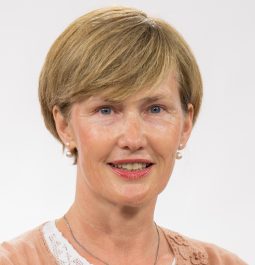Presentation
The Masters in Translation involves both academic research and the practice of translation in two specialized languages (German and English), with curricular units that articulate and complement each other: Translation Studies, History and Theory of Translation, Comparative Linguistics, Information Technology for Translation, Literary Translation, Pragmatic Translation, Scientific Translation and Technical Translation.
Both research work and the practice of translation are evident not only in the various curricular units making up the taught component of the course, but also in the available options for the non-taught component: dissertation, project work and internship report.
The course is taught in Portuguese and English.
Objectives
- To acquire indepth theoretical, methodological and technical knowledge of stateoftheart academic research in Translation Studies and in practical aspects of translation.
- To acquire the theoretical, methodological and technical skills required to devise and carry out innovative research projects in the specific areas of literary, pragmatic, scientific and technical translation.
- To acquire the technological skills required by the applications employed in translation projects.
- To acquire the ability to employ the knowledge and skills acquired on the course, in the design and execution of research and training projects in the area of translation, and to develop theoretical, methodological and technological solutions that are well-grounded and practical.
Curricular structure
Duration: 3 semesters Credits: 93 ECTS
The Syllabus of the Masters in Translation has two areas of specialization (German and English), and students are free to choose which variant they wish to attend. It includes a teaching component (two semesters) and a non-taught component (one semester).
In the taught component, students attend four subjects of a theoretical and practical nature which are common to all variants: Translation Studies (10 credits), History and Theory of Translation (10 credits), Comparative Linguistics (10 credits) and Information Technology for Translation (6 credits). The remaining curricular units are practical and relate to the student’s area of specialization: Literary Translation (6 credits), Pragmatic Translation (6 credits), Scientific Translation (6 credits) and Technical Translation (6 credits).

